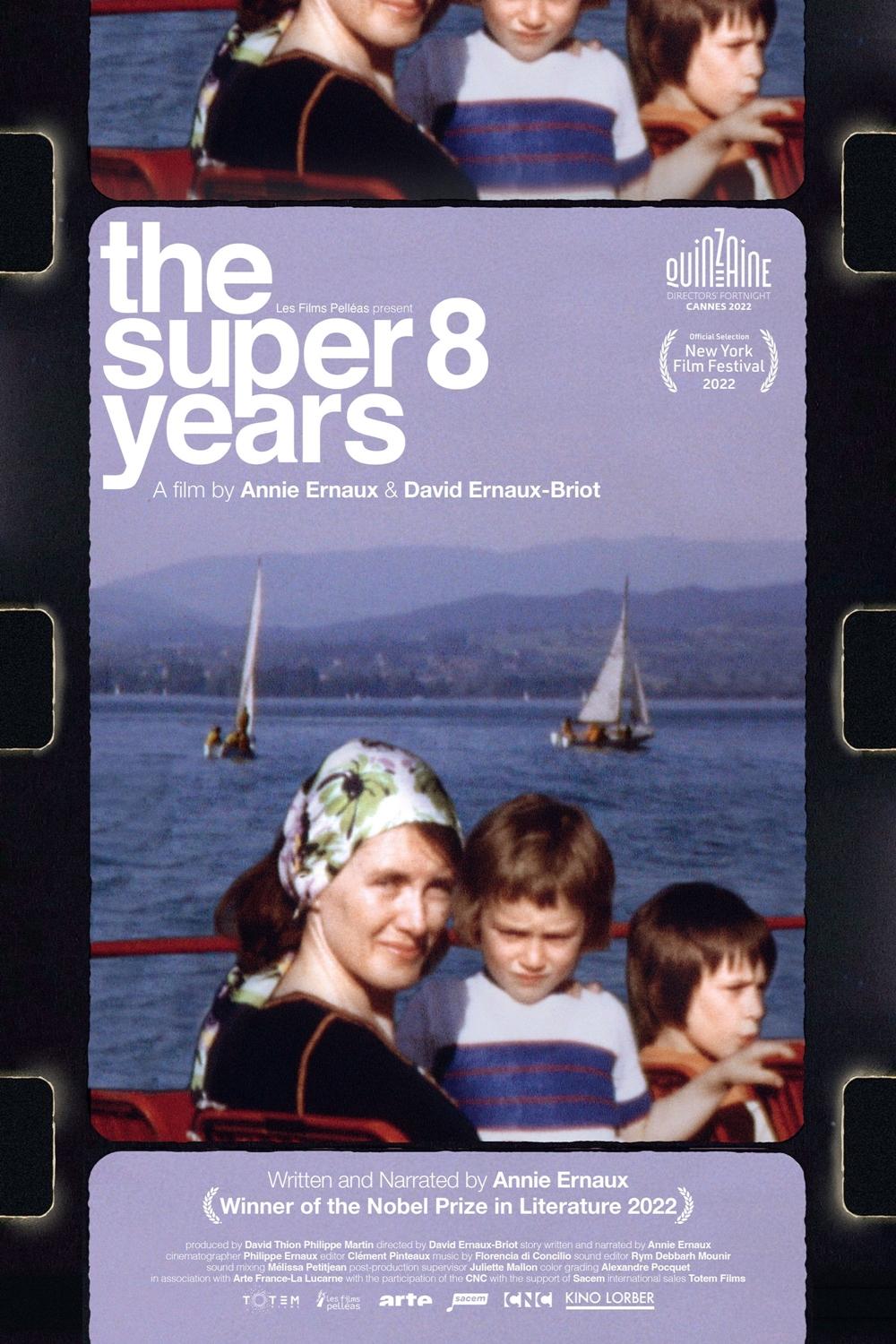Over this past month, the department of modern and classical languages and literatures collaborated with the film/media department to host a film festival featuring a lineup regarding French cinema.
While it was not the first time an event like this was held, this year’s rendition is the most recent since the start of the COVID-19 pandemic, which prevented the festival from being held over the past few years.
“We used to have a festival that would have six films in a month,” Leslie Kealhofer-Kemp, associate professor of French and film, said. “It’s now more flexible, as we’re having six films over the course of the year.”
Kealhofer-Kemp has been with the University for the past few years, teaching French cinema, a topic which she herself is very keen on. This year’s festival came into fruition when she saw an opportunity to apply for a grant with the Albertine Cinémathèque, an organization based in New York that promotes French films to help spark up a greater interest in French culture. With Kealhofer-Kemp having the same aspirations, a selection of one classic and five contemporary films were made, the most recent of which being screened was “The Super 8 Years.”
This documentary revolves around Annie Ernaux, a French writer and recent recipient of the Nobel Prize in Literature last year. It features various home recordings of herself and her family from 1972 to 1981, giving the audience a glimpse into her life just as her skills as a writer were blossoming while her marriage to her husband was dwindling. All of this is given further insight through narration from Ernaux herself.
“I would like them [the audience] to walk away with an idea of who is Annie Ernaux,” Kealhofer-Kemp said. “It’s a name in France that’s pretty much a household name… but she’s not as well known here.”
A good portion of the documentary is also rooted in what the political climate of France was like back in the 1970s, which was greatly conservative. Kealhofer-Kemp hopes that the audience can also pick up the kinds of struggles and roles that women were subjected to back in those days.
The screening itself took place in Swan Hall, with various students, specifically from Keith Brown’s 16mm filmmaking class, and faculty members in attendance. The general consensus regarding the film was positive, with many finding themselves immersed in Ernaux’s life, methods of storytelling and the picture’s minimalist presentation.
“I really thought that this was a great introspective look at this woman’s life,” student Parker Franze said.
He went on to say that he connected with Ernaux’s personal journey of learning what kind of person she is, especially with him being new and learning to adjust to URI’s campus.
“I could really feel the human element, and to me that’s what film is about. That human element,” Franze said.
Kealhofer-Kemp explained her plans for the future of the festival, including a potential collaboration with the Japanese department.
“I’d like in the future to do collaborations with films that have connections with other languages in our department,” Kealhofer-Kemp said. “I’m totally open to ideas. If students have any idea on what they want to see I’m really open to ideas and organizing events.”
The first wave of the festival was capped off yesterday with a screening of the feature “Return to Seoul”, which revolves around a woman returning to her birthplace of South Korea. The remaining three films that will be shown next semester will carry over this transnational theme of viewing the world with a French perspective, and all will be free and open to the public. More information about this is soon to follow.




